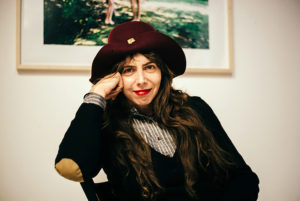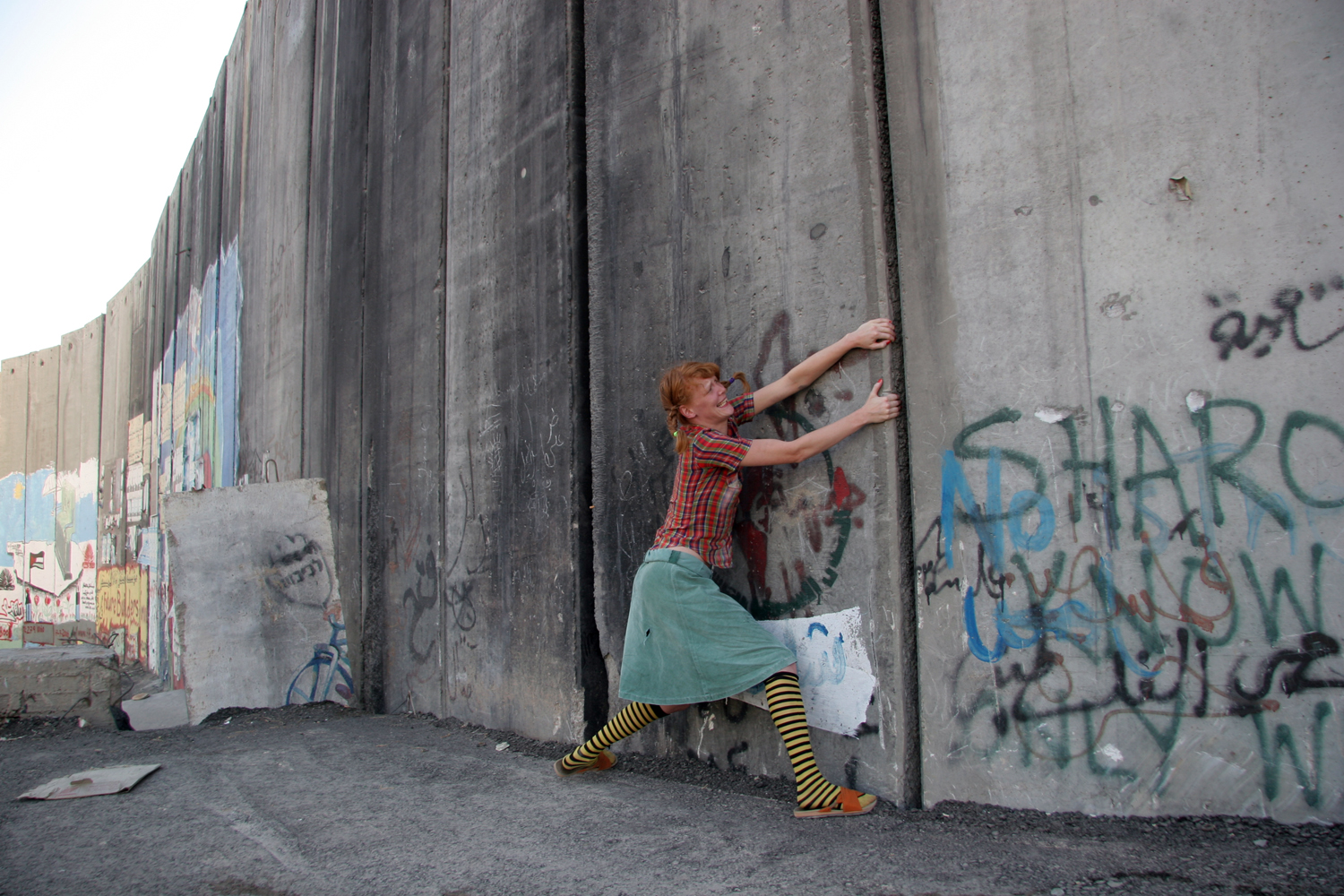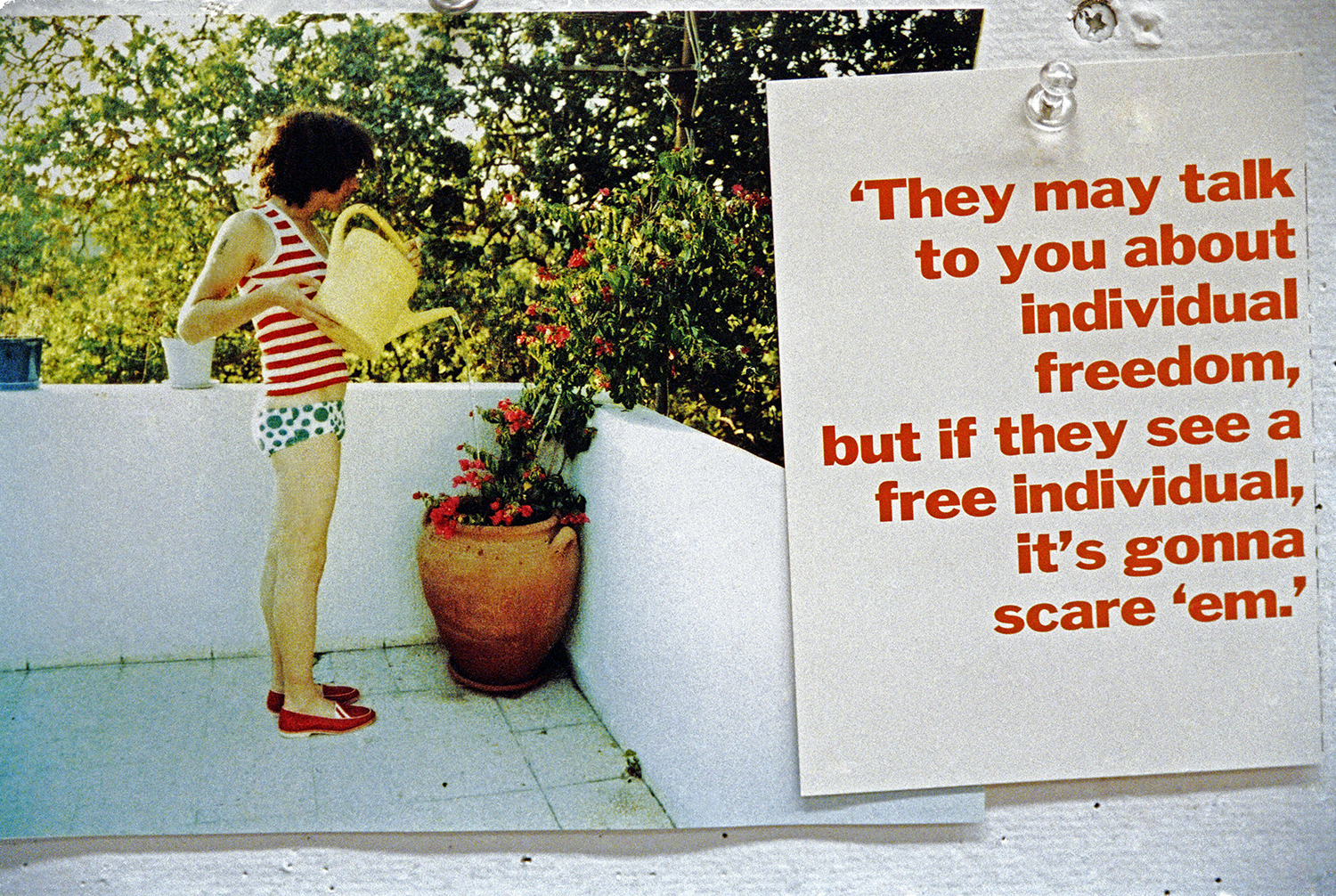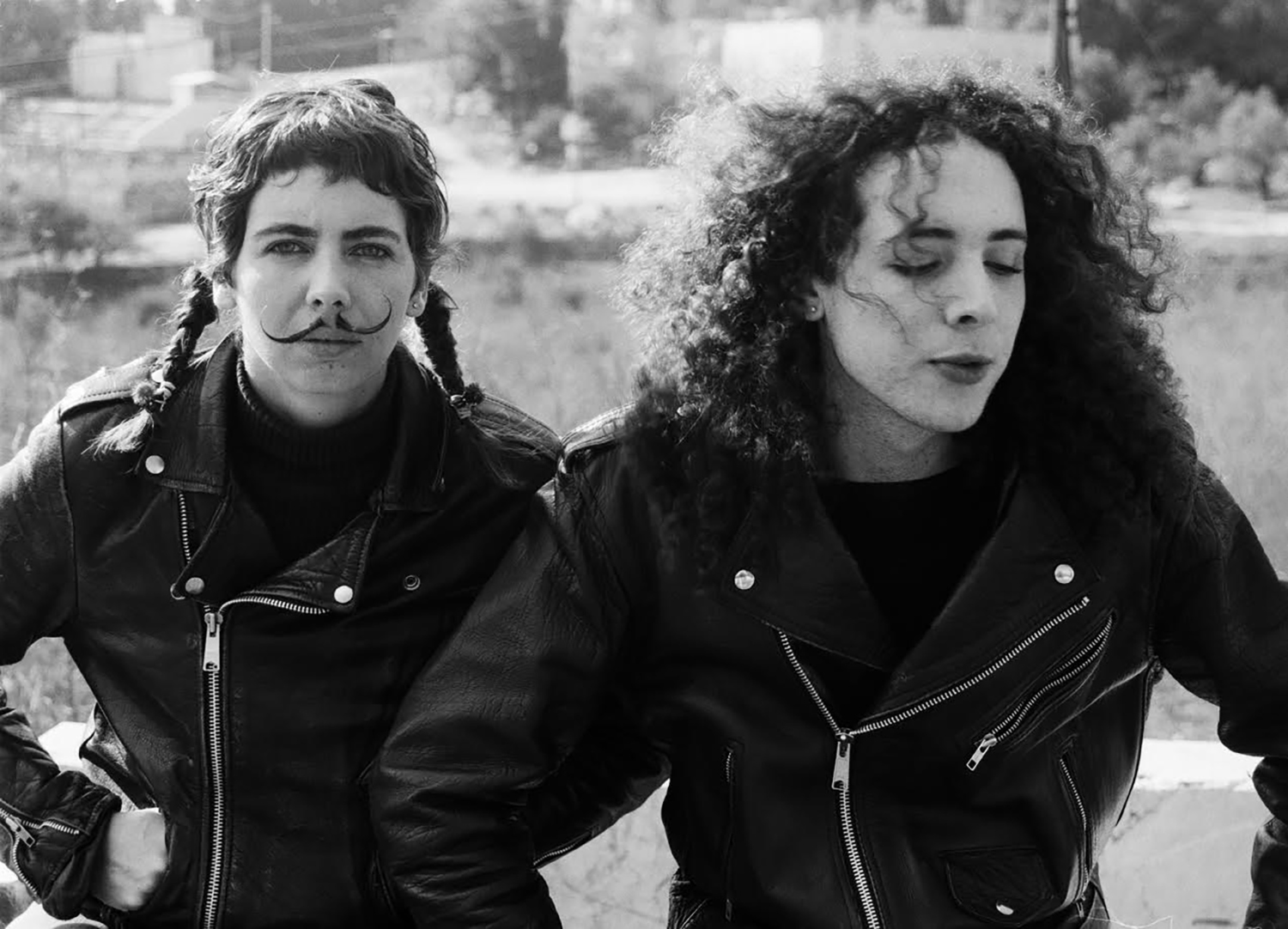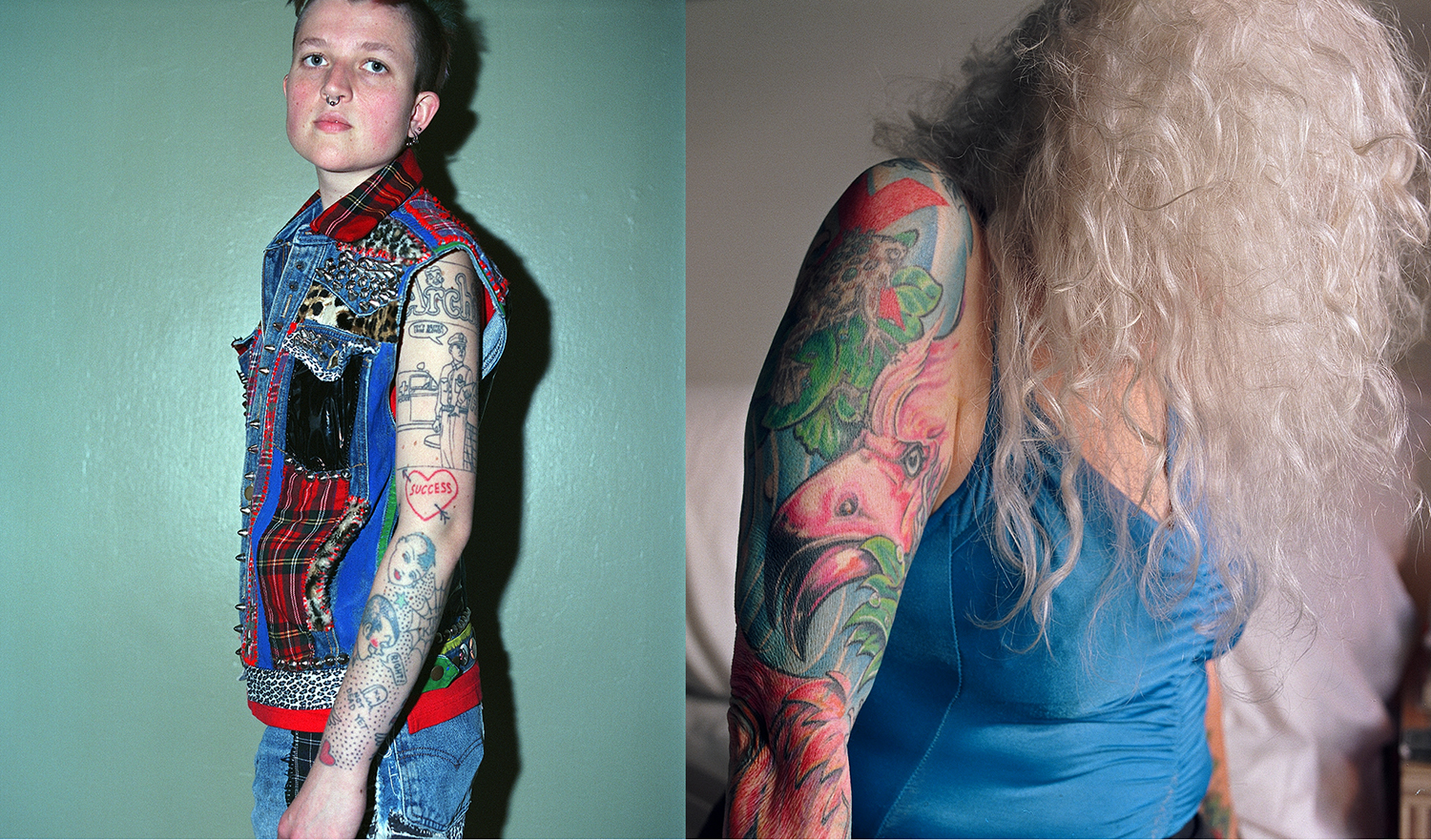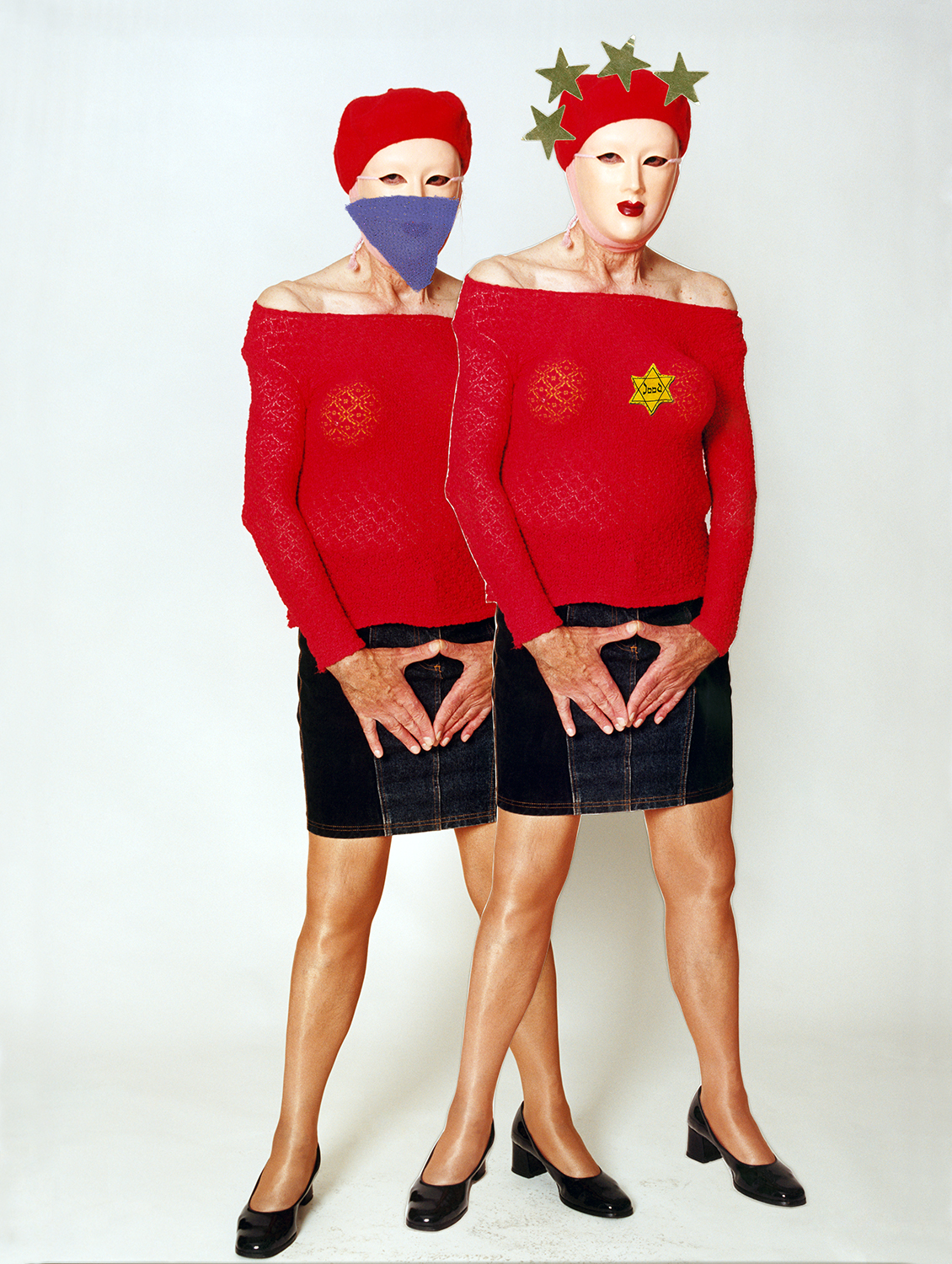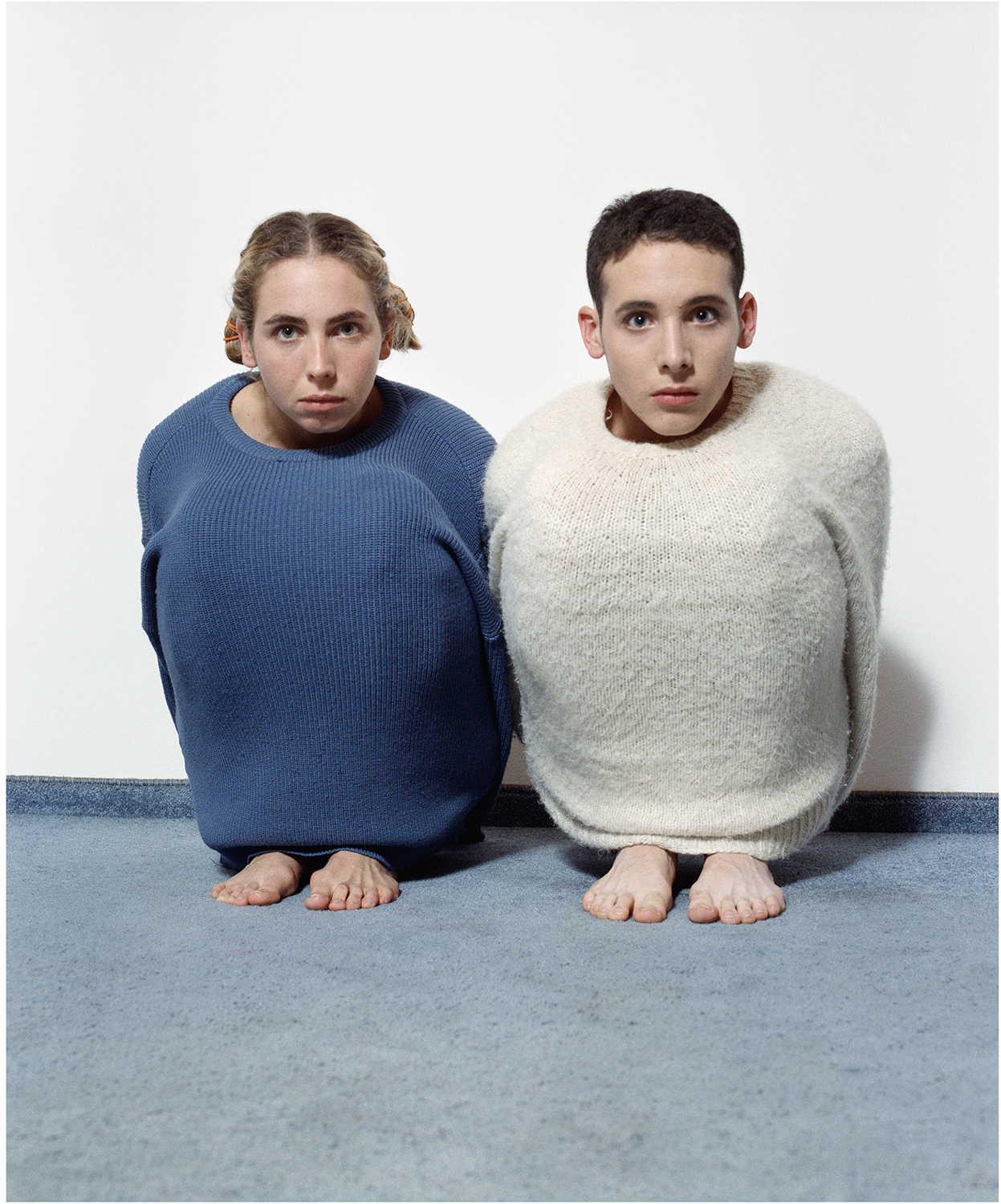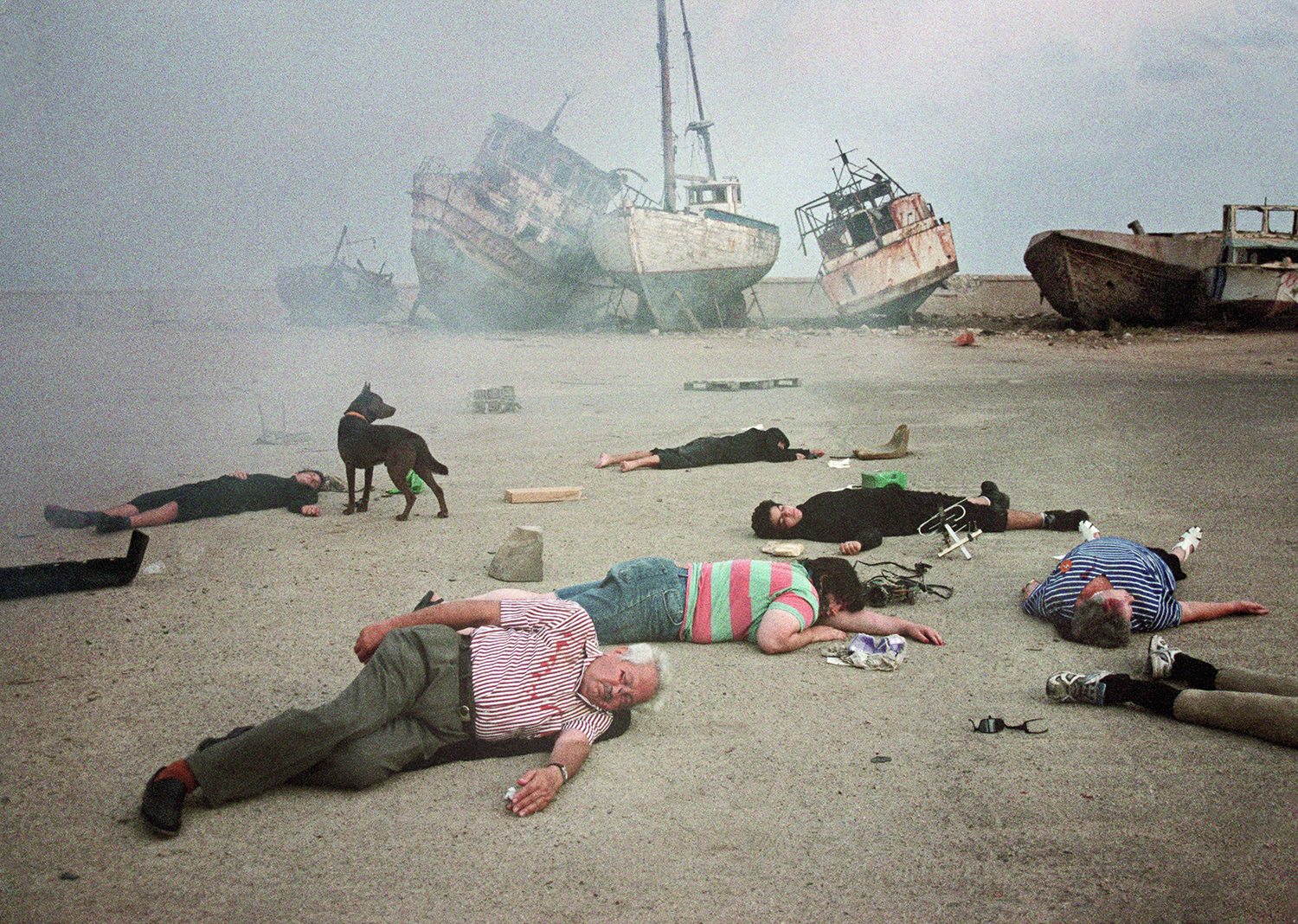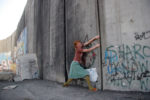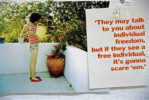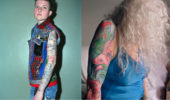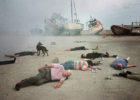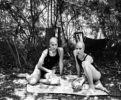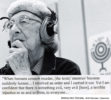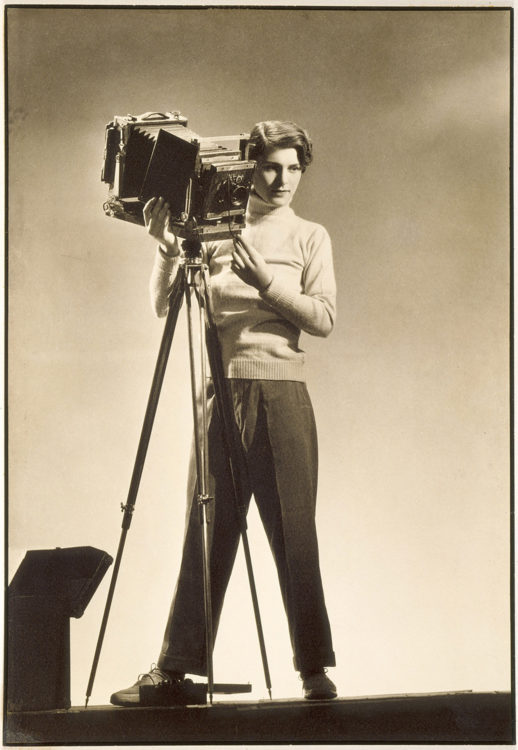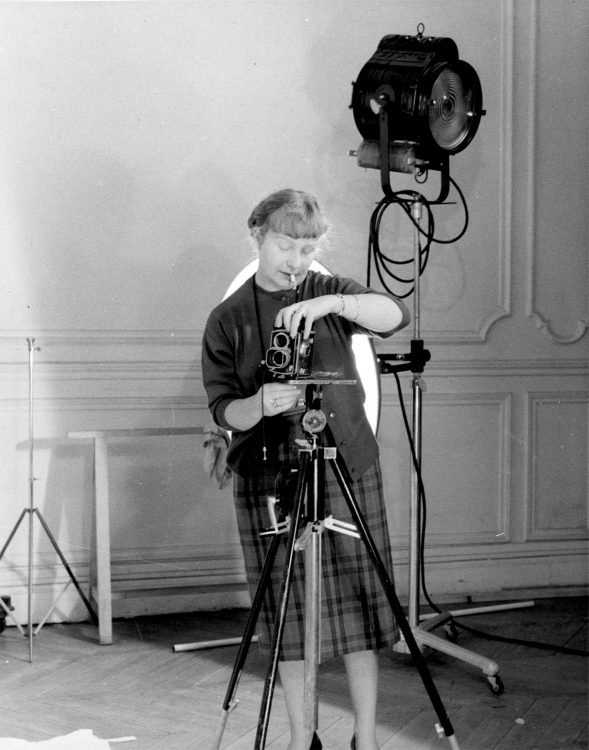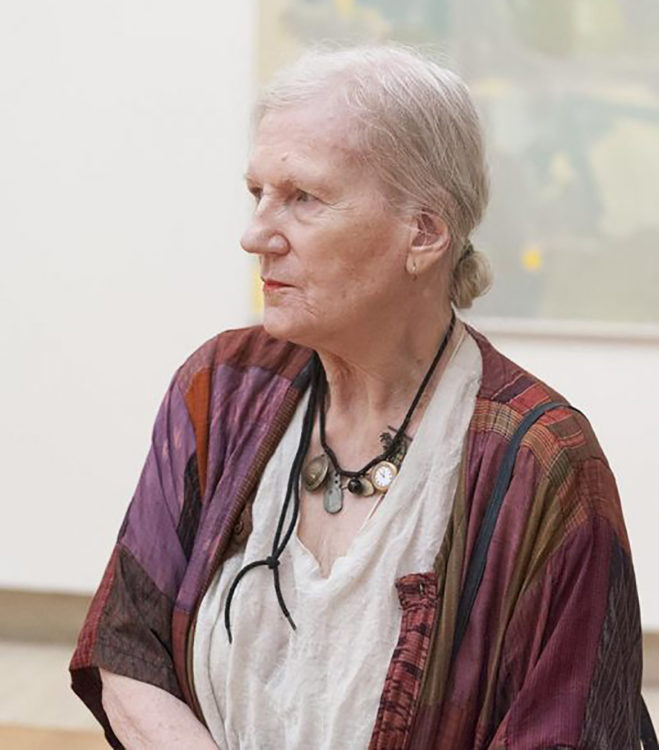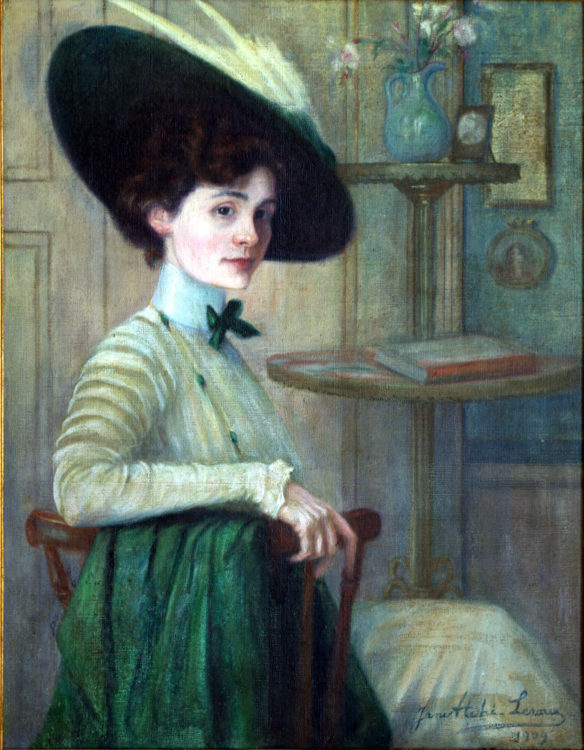Rona Yefman
Stern, Yael, “Disrupting Holy Binaries: The Work of Gil and Rona Yefman”, in Imagined Israel(s): Representations of the Jewish State in the Arts, Giansante, Rocco and Goldbergs, Luna (ed.), Leiden, Brill Publishing, 2023
→Tamir, Chen and Seligman, Rachel, Staring Back at the Sun: Video Art from Israel, 1970-2012, New York, The Frances Young Tang Teaching Museum, 2019
→Yefman, Rona, Let it Bleed, Los Angeles, Little Big Man, 2016
Israeli multidisciplinary artist.
Rona Yefman received a BFA from the Photography department at Bezalel Academy of Art and Design, Jerusalem in 1999 and an MFA from Columbia University, New York, in 2009. She has been active in the Israeli and international art world since the late 1990s. Since 2014 she has held a position as a mentor on the MFA graduate program of Columbia University and since 2018, she has been a lecturer at the Bezalel Academy of Art and the Musrara Naggar School of Art and Society.
R. Yefman breaks boundaries through her art, dealing with fundamental and explosive social and political issues, which she handles through personal experiences and profound and honest research. She was amongst the first artists in Israel to deal with issues of gender fluidity, and continues to tell the story of marginal characters and to challenge accepted and established worldviews, concerning both the society we live in and artistic practice. R. Yefman searches for extreme situations and people that embody possibilities of freedom, and is fascinated by the gap between what we are, and what we want to be. By establishing close relationships with her subjects, they search together for different ways to awaken the body and to elicit the self through the construction of different characters.
Her first collaboration, Let it Bleed (1996–2010) was with her younger brother Gil Yefman (1979–). Since 1998 she has photographed him as a way to reveal their close relationship and mutual desire to live exterior to the norm. The most fragile and complex part of this work occurred between 2001–2010. Throughout these years she documented Gil’s transformation from male to female, and then her transformation back to a biological male. This work challenges the notion of gender roles as well as familial ones, and is a personal archaeological journey that reveals their symbiotic existence as collaborative artists.
Since childhood R. Yefman has envisioned Astrid Lindgren’s heroine Pippi Longstocking as her alter ego. In collaboration with Danish sound and performance artist Tanja Schlander (1974–), the children’s book character was transformed into a contemporary female heroine in the series Pippi L. (2006–2010). Using Pippi’s self-proclamation as “The strongest girl in the world!” R. Yefman documented T. Schlander’s absurdist attempts to move the huge concrete wall that separates Israel from the West Bank.
Her work Martha Bouke (2002–2011) documents her long-term collaboration with an 80-year-old male Holocaust survivor who has assumed a feminine persona in both body and mind. This series challenges the conventional perception of an elderly man and tries to defy the Jewish trauma myth.
R. Yefman’s photographs expose the humanity of subjects, while forming new notions of identity that could lead to positive change, based on recognition and acceptance.
R. Yefman has exhibited at SIC Gallery, Helsinki (2015); Oslo Kunstforening, Oslo (2019); the Haifa Museum of Art (2021); and CCA, Tel Aviv-Yafo (2022). Her work is included in the collections of the Israel Museum, Jerusalem; the Zabludowicz Collection, London; and the Weatherspoon Art Museum, Greensboro.
Partnership with Artis.
© Archives of Women Artists, Research and Exhibitions, 2024


